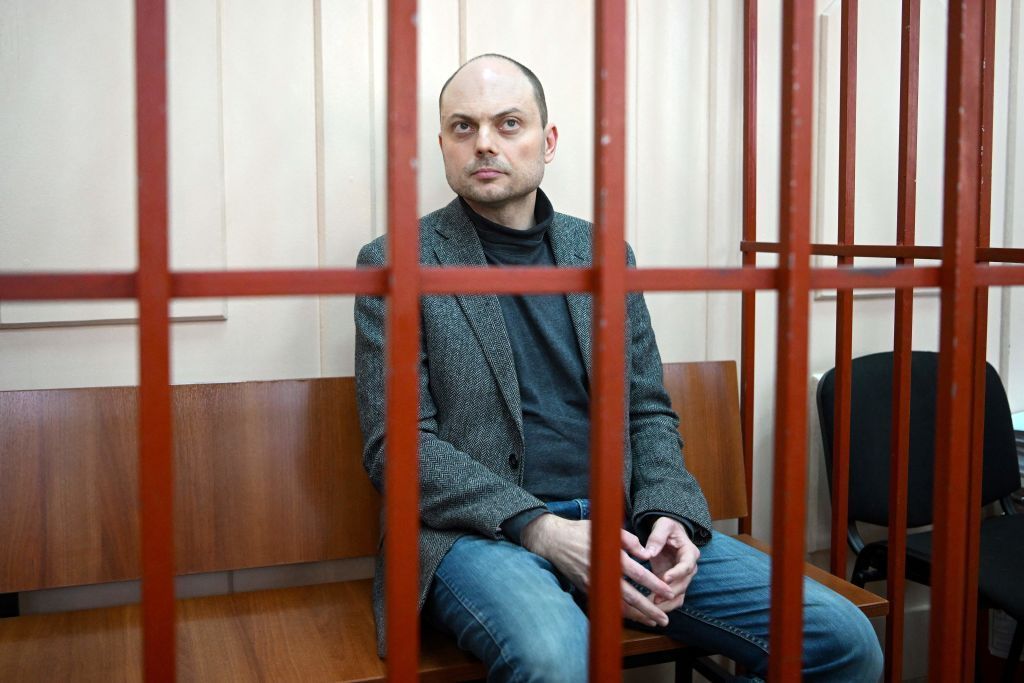Russia orders arrest of exiled writer Akunin in absentia over terrorism, spreading 'fake news' about army

A Moscow court ordered the arrest on Feb. 6 of Boris Akunin, a popular Russian writer who has lived in exile since 2014, over his criticisms of the full-scale war on Ukraine, which the government deemed to be in violation of laws regulating speech about the war.
Akunin, one of the most popular living Russian writers, was born in Soviet Georgia as Grigori Chkhartishvili. He is mostly known under his pen name, Boris Akunin, and has gained a significant following for his historical fiction and detective novels.
Akunin has lived in London since 2014, but his open disagreements with Russian President Vladimir Putin predate the illegal annexation of Crimea and the war in Donbas.
Putin referenced Akunin's Georgian heritage in 2012 after the writer helped form a civil society organization seeking to ensure a fairer presidential election, insinuating that his ethnic background had influenced his decision.
"Actually, he was hinting that since I'm an ethnic Georgian, it means I'm an enemy of Russia. That is what he meant..." Akunin said at the time.
While in exile, Akunin has continued to criticize Putin, the regime, and the full-scale invasion of Ukraine.
"Russia is ruled by a psychologically deranged dictator and worst of all, it obediently follows his paranoia," Akunin said on the day the invasion began.
Russian authorities added Akunin to the so-called "terrorist list" and announced in December 2023 that he was charged with supporting terrorism and spreading "fake news" about the army. Such charges are commonly used to try and silence perceived opponents of the regime and its military aggression against Ukraine.
"This has not happened since the (Soviet leader Joseph) Stalin era and the time of the Great Terror," Akunin said after the charges were announced.
If Russia manages to extradite him, which is unlikely, the court's Feb. 6 ruling means that Akunin will be sentenced to two months in prison as a preemptive measure ahead of a possible trial on the above-mentioned charges.
If convicted, Akunin could face up to seven years on the terrorism charges and up to ten years on the "fake news" charges.











